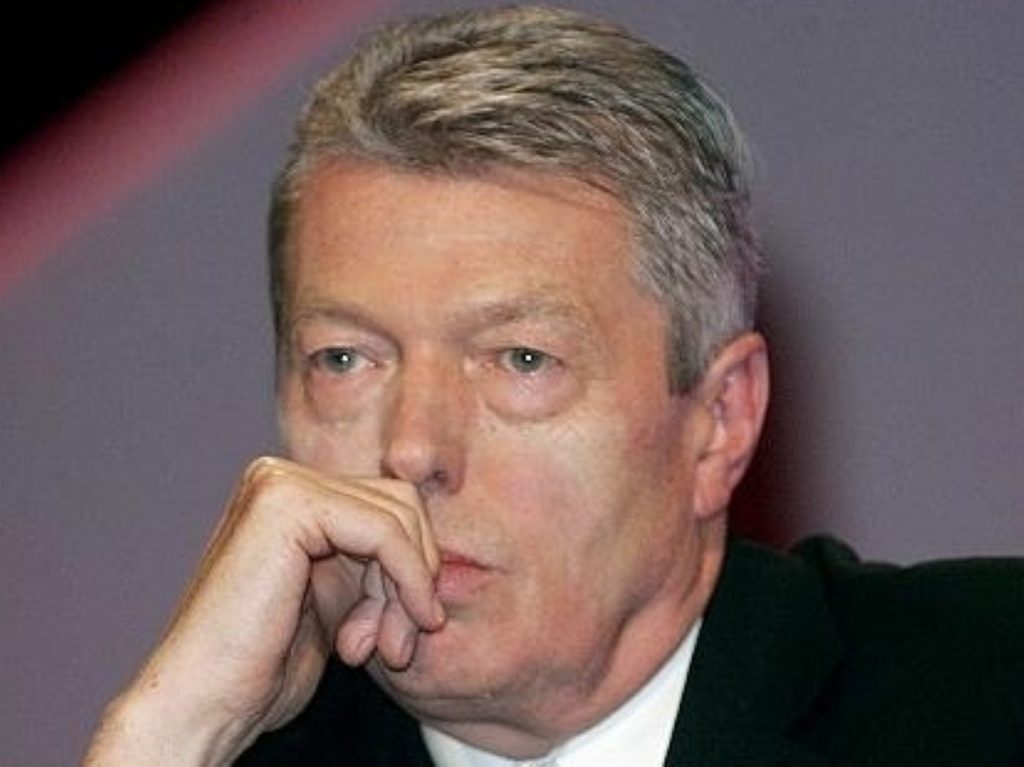Analysis: Miliband’s mixed messages have a purpose
Ed Miliband’s shadow Cabinet choices are not such a surprise, after all.
The problem at the start of his leadership was made clear in the hours between his election and his speech to the party’s first conference in opposition for 14 years. No one in Manchester knew which direction the party was heading in. Was it to stick with the New Labour centre-left home truths, or march off to the left?
That speech to delegates in Manchester was the first opportunity for Miliband to reveal his true colours. He declined it wholeheartedly, instead providing measured rhetoric which pleased and frustrated both left and centre-left alike.


The left were baffled. Neil Kinnock was heard to say “I’ve got my party back”. But then a look at union leaders’ faces as Miliband, who relied on their votes for power, turned against them told a different story.
Centrists weren’t delighted, either. Miliband rejected New Labour orthodoxy on Iraq and civil liberties, but signalled he would not fight every cut made by the coalition.
We emerged not having the slightest idea of where Miliband was taking the party. Today’s shadow Cabinet choices should be seen in that light.
We shouldn’t be surprised that Ed Balls has failed to make it to the shadow chancellor job, for example. This attack dog would have gone hell for leather after all aspects of the spending cuts agenda, clashing with the approach laid out by Miliband in Manchester. Not going with Balls’ wife Yvette Cooper is raising more than a few eyebrows, and fairly. Perhaps Miliband felt her relationship with Balls might affect her judgement. She has been promoted, nonetheless, after topping the votes in the shadow Cabinet elections.
Picking Alan Johnson to take on the coalition’s austerity agenda was an unexpected, but understandable, choice. The new shadow chancellor is an unknown quantity on spending cuts. He has been away from economic matters for a long time – but as a former trade and industry secretary is no stranger to dealing with numbers rather than policemen. His union background will be reassuring to the left – but as a man inextricably tied to New Labour, especially on civil liberties, he is unlikely to lurch to the left as Balls might have done. Think of Johnson as the balanced choice.
His appointment reflects another balance Miliband has sought to strike. The ‘new generation’, as opposition politicians have gleefully pointed out, doesn’t look all that new. Yes, there are new faces like Mary Creagh, Meg Hillier and the Eagle sisters. But there’s also a lot of New Labour old guard in there too. Hilary Benn, Tessa Jowell, Peter Hain – these are all figures with the majority of their careers firmly behind them.
It’s sensible for Miliband to retain some senior figures in his first shadow Cabinet. There is plenty of time for a shakeup, as David Cameron did 16 months before the 2010 general election. In the interim his ‘new generation’ of frontbench politicians can develop experience in more junior roles.
Overwhelmingly, though, it’s sensible because Miliband’s number one priority must be unity. Establishing himself as leader requires building bridges with all parts of the Labour party. He cannot turn to the left, nor stick doggedly to the old ways of the centre-left. His leadership speech was a success because it muddied the waters. The shadow Cabinet appointments simply continue this process at the top of the party.
With David Miliband supporters outnumbering Ed Miliband supporters by nearly two to one, this is just as well.









